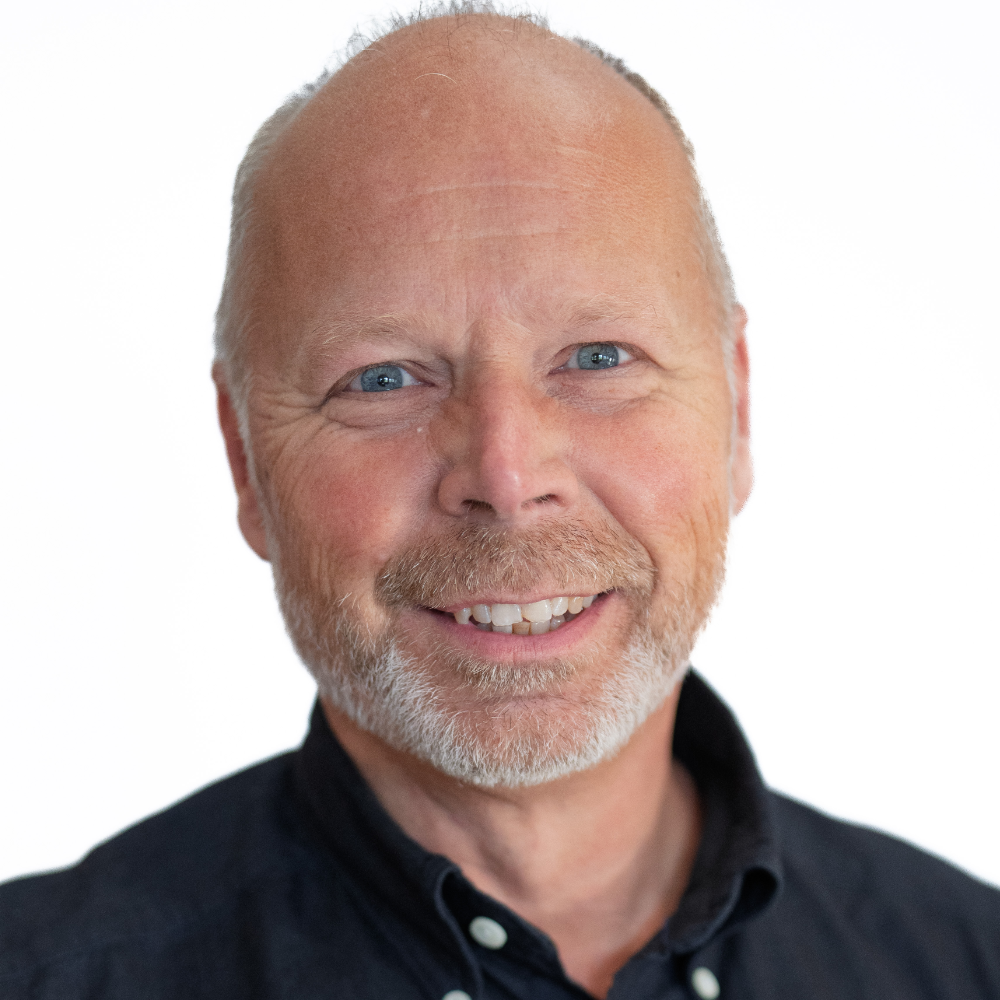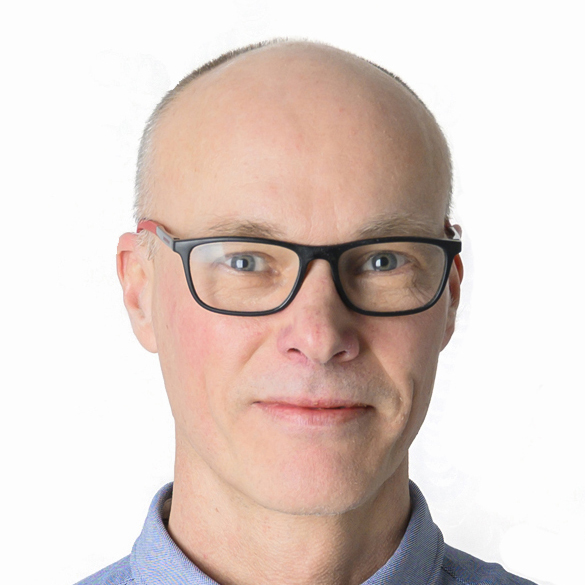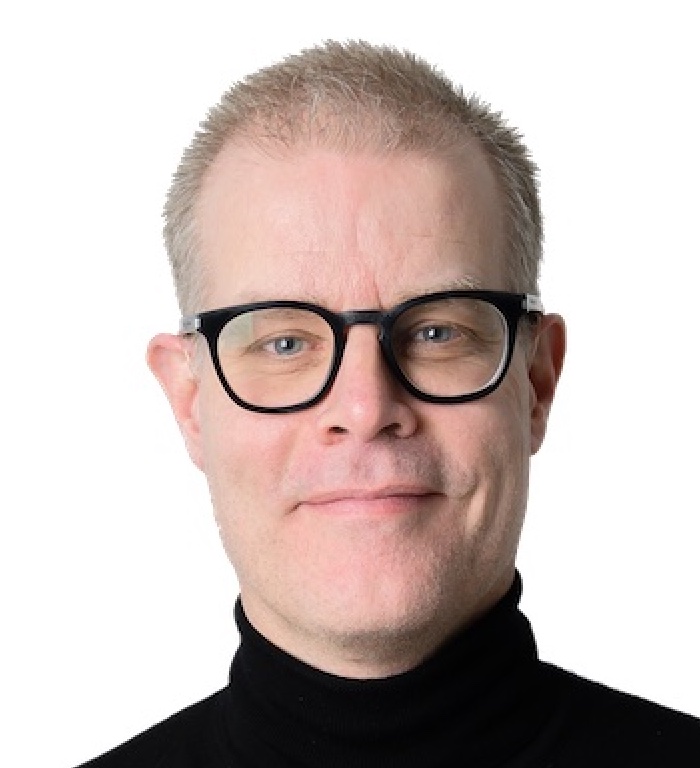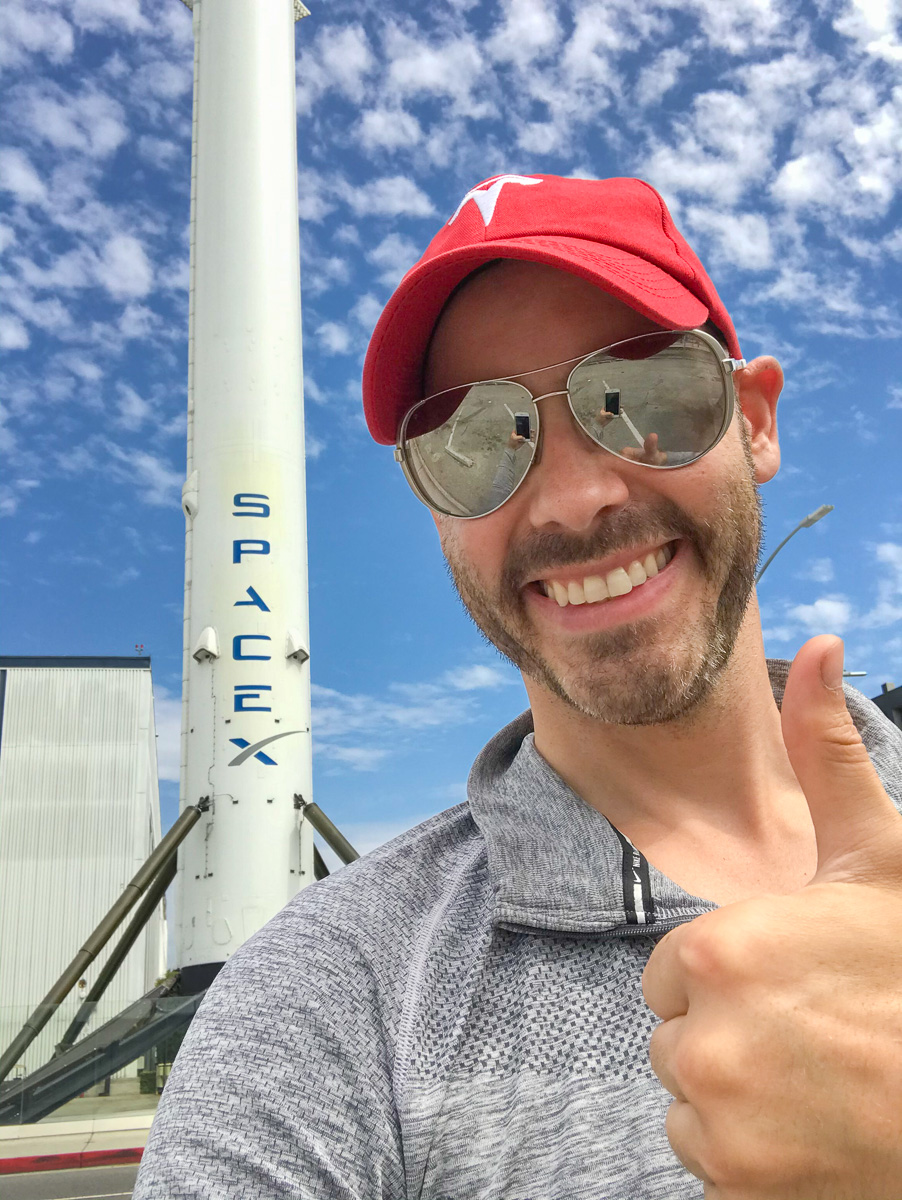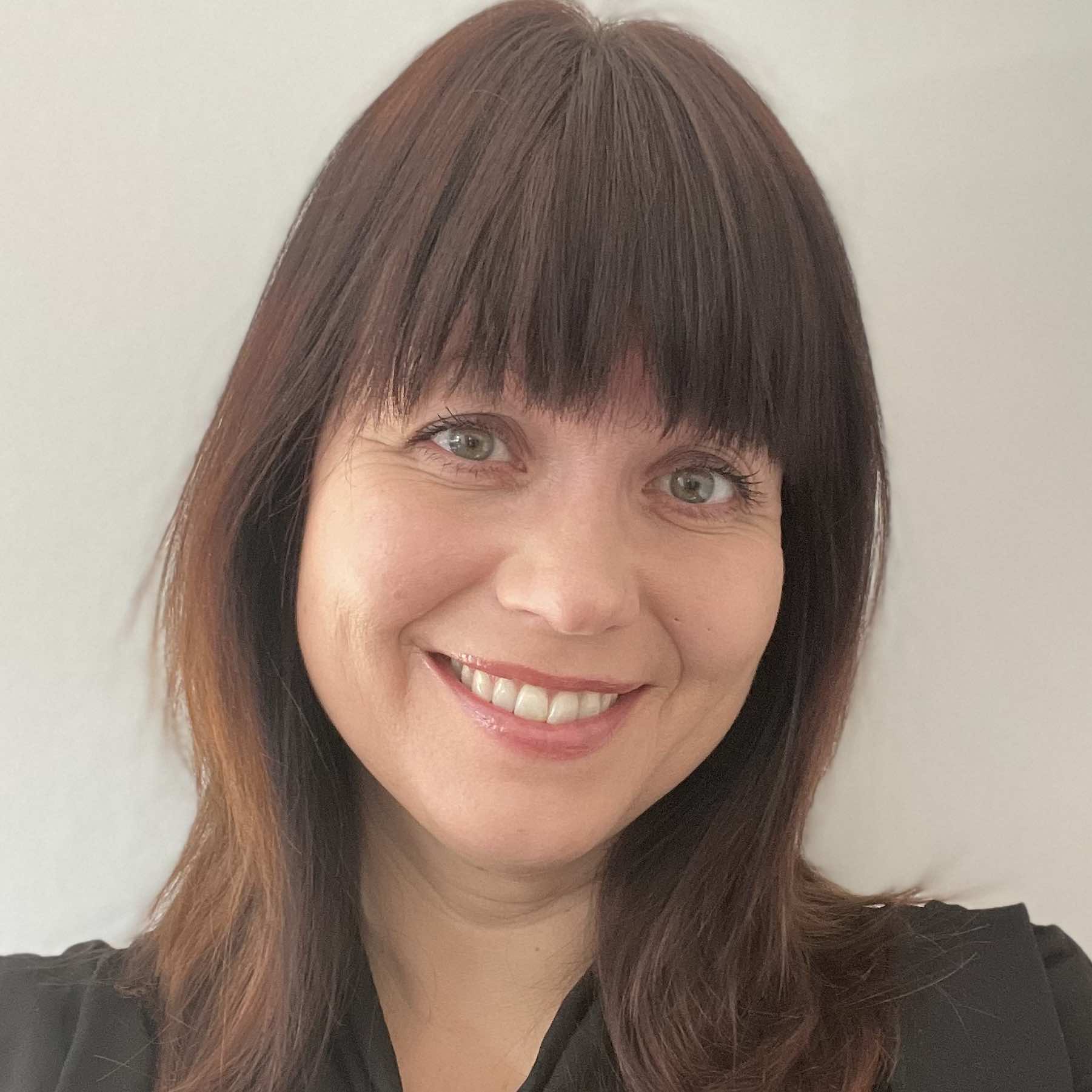Waysfinding – A Practical Approach for Navigating Complexity (Online) March 10
NOTE: This course is moved to June 2
At the edge of the known and unknown, when we transition between the old ways and emerging new ways, the compasses we have relied on so far can no longer point us to True North.
Here we have three options:
- Stay stuck in the old ways that are becoming less effective
- Wander around in circles
- Find new ways to navigate
Many of us are in this situation today as the environments in which we work and lead are becoming more unpredictable and complex.
What choice will you make?
Keeping up with all the changes is becoming more challenging. At the same time, we are aware that more possibilities are opening up.
This is the nature of being on the edge of the known and unknown. At the edges of our known maps, we are invited to explore and lead others into unknown territory.
For many of us, especially those in leadership or advisory positions, this creates a dilemma: how do we lead others into an unknown that we haven’t explored yet.
The WaysFinding approach is valuable here. The WaysFinder is a deceptively simple framework based on complexity theory. It forms the foundation of the WaysFinding approach and is brought alive by a set of skills that enable flexibility, intentionality, and co-creation in conditions of uncertainty.
It will help you to:
- Orient and make sense of your current state; set a direction for evolution or exploration; clarify guardrails to enable more autonomy; and find adjacent and edge possibilities to explore.
- Enable a culture of innovation by creating the conditions for engagement, psychological safety, agility, and adaptability to emerge.
- Learn skills appropriate in complex, uncertain terrain and foster complexity fitness in yourself, your team, and your organization.
Some of our clients have used the WaysFinding approach to solve problems like:
- Cargo cult Agile:
Agile aims to improve leadership and organization in dynamic, complex, fast-changing environments. Yet many seem stuck in endless loops of installing the latest methodology. Different approaches suit different contexts, and the WaysFinder creates a container that allows this diversity without losing coherence. - The tension between alignment and innovation:
Managing and leading used to mean telling others what to do. Alignment was enforced by command and control or coercion. This undermined agency, autonomy, creativity, and diversity—all critical in today’s complexity. The WaysFinding approach helps us manage and lead without telling, enabling bounded autonomy and safety to explore and experiment.
- “Faux” empowerment:
Many leaders have been told to “provide the WHAT and leave the HOW to their teams”. Yet, this is often too simplistic and leads to a kind of “faux empowerment” where innovation and creativity are stifled. True empowerment comes from setting a broad intent and allowing teams to find their own way toward viable solutions or strategies. The WaysFinding approach allows this freedom without a complete loss of management oversight. - Minimal viable bureaucracy
Small, successful start-ups struggle to scale without becoming rigid bureaucracies. The opposite is true in large corporations—how do we release bureaucratic complexity without losing our way? The WaysFinder provides a scaffold to explore new ways of structuring. - Overwhelm and stress:
Individuals on all levels in organizations feel overwhelmed by competing demands. Prioritizing work to enable productivity AND well-being is becoming more demanding. The WaysFinder helps us find our way through the morass of things screaming for our attention.

Join us for a learning journey where we will explore the Waysfinder framework and WaysFinding skills.
In this workshop, you will learn how to be more effective in complexity and how to apply Sonja’s Waysfinder framework to:
- Set direction and intent vs narrow goals to allow for necessary flexibility.
- Create exploration spaces where teams can have autonomy within boundaries (or guardrails).
- Prioritize and create focus without losing your innovative edge.
- Unleash the creativity and discretionary effort of your people.
- Practice wayfinding skills like situational assessment, experimenting with adjacent possibilities, noticing patterns, and continuous learning.
- Create the necessary feedback loops to ensure that you remain coherent with your strategy AND responsive to your environment.
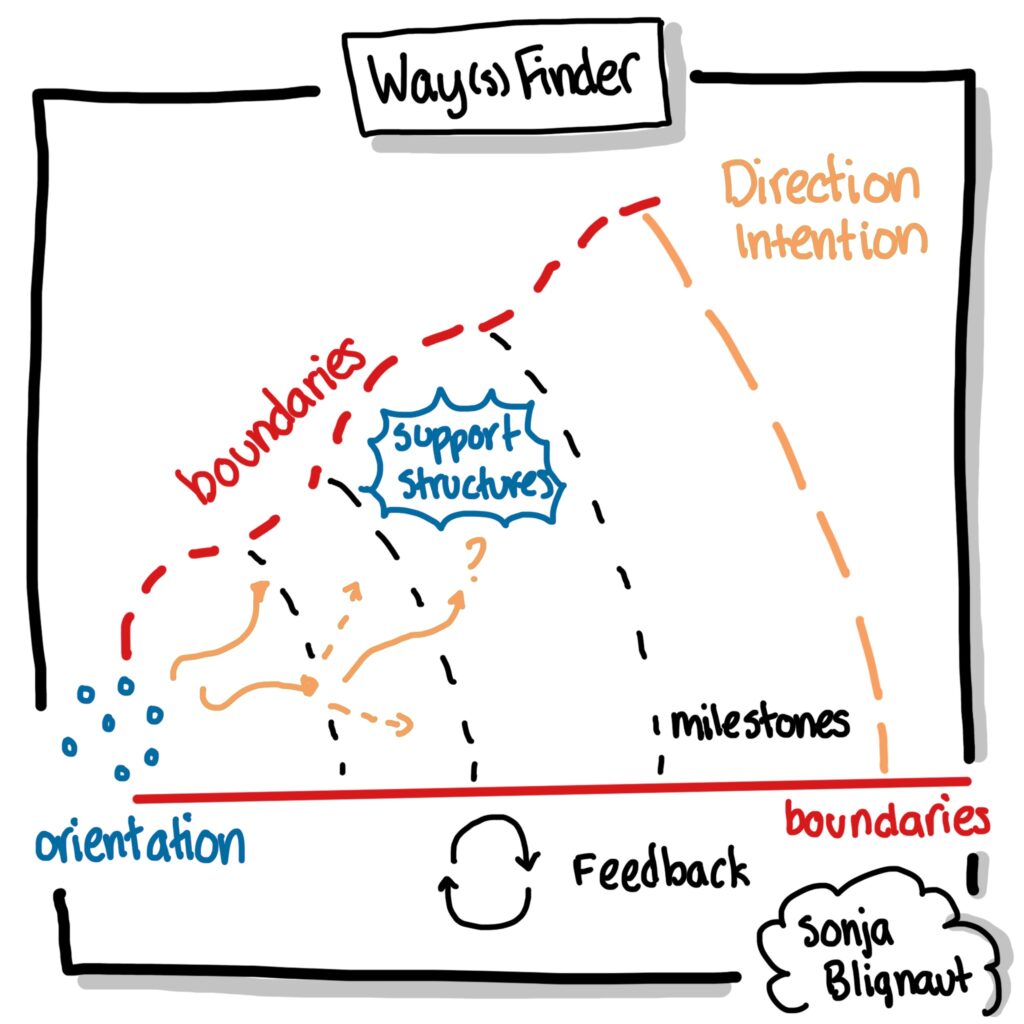
We will explore what we can learn from:
- Wayfinding cultures like the Polynesians
- Anthropologists, sports coaches, and architects
- The field of complexity.
- Companies that use adaptive strategies, new ways to manage product portfolios, road maps, and performance measures.
Learning objectives of the workshop include:
- Explore the implications/differences of leading in complexity vs order.
- Explore Wayfinding principles and the Waysfinder framework.
- Do a deep dive into the skills and posture you need to use WaysFinder effectively and become a WaysFinding leader, team, or organization.
This workshop is for you if any of the following is true for you …
- You recognize that you are at the edge of your known maps and need new methods and tools to navigate.
- You are in a leadership or management role.
- You are responsible for managing organizational change and need to help others navigate transitions.
- You are an Agile coach or are accountable for guiding self-organizing teams towards a common direction and mission.
- You run a successful start-up that needs to scale without becoming a rigid and slow bureaucracy.
- You want to enable a culture of innovation, not an innovation department.
Past participants feedback:
- “I want to go out and try it right away with my leadership team, this is so helpful. /Anna”
- “Moving from Dave’s (Snowden) work to this is a refreshing take….it’s already so accessible and usable.”
- “The delightful way the workshop was run and the great content/interesting conversations. I love that the course is practical and that I can start using the framework in my context right away. /Preben”
- “I also really like how Michael and Sonja facilitated this day – very structured and lightweight – I feel I have learned a lot without being overwhelmed (too much)/ Christine”


